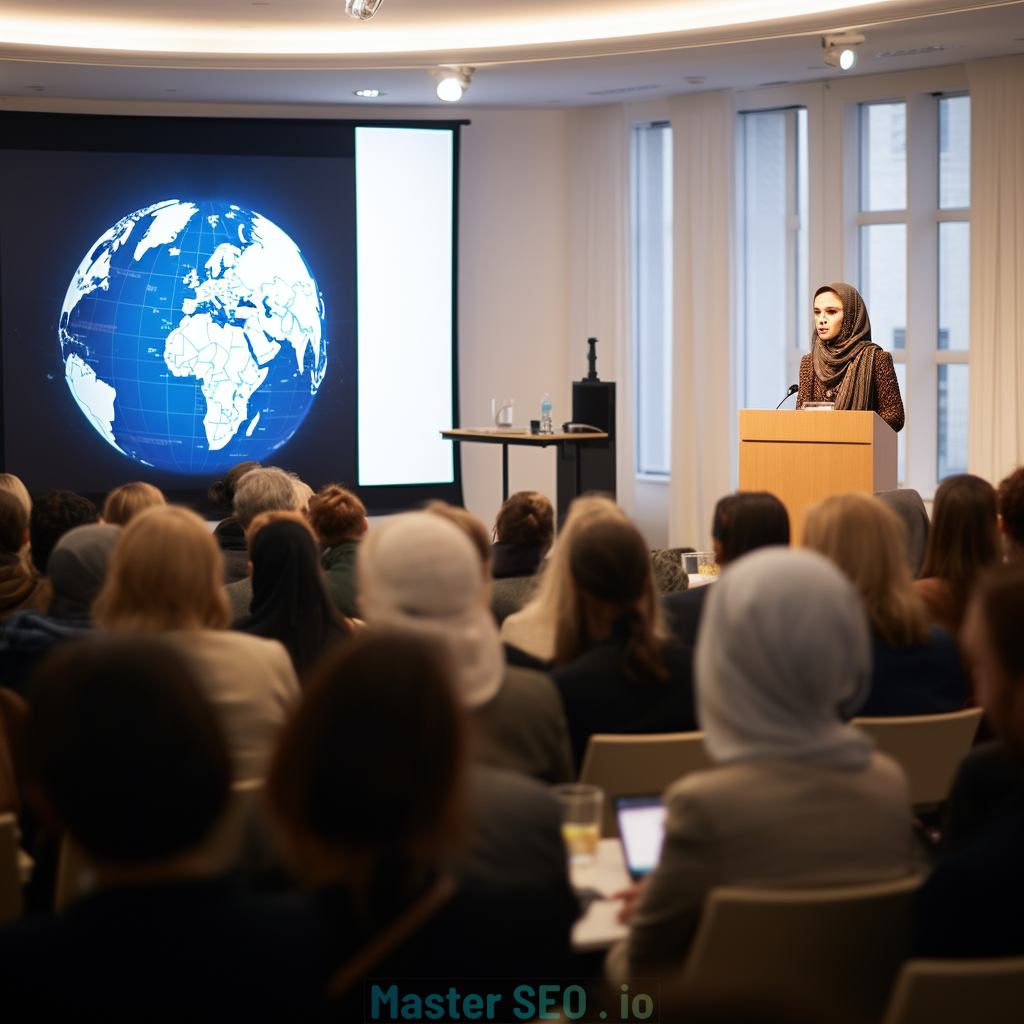As we approach the end of 2024 and set our sights on 2025, the landscape of search engine optimization (SEO) is experiencing dynamic shifts that demand a closer look. The SEO industry is poised for significant transformations from changes in online search behavior to the introduction of Google’s Search Generative Experience (SGE) and the increasing influence of artificial intelligence (AI). In this article, we explore the future outlook of SEO demand, addressing the question of sustainability and potential saturation on the horizon.
The changing face of online search:
The way people search for information online is undergoing a notable evolution, impacting the strategies employed by SEO professionals. Content specialist Camille Cunningham emphasizes the growing importance of mobile devices, with a significant percentage of users relying on their phones for online searches. Additionally, the trend of using social media as a search engine is gaining momentum, particularly among younger generations.
To remain relevant, businesses must expand their focus beyond traditional SEO practices and engage with users on platforms where they actively seek information. This shift in user behavior necessitates continuous investment in user research and a flexible marketing approach to adapt to changing audience needs.
The impact of Google’s Search Generative Experience (SGE):
In 2024, Google’s SGE emerged as a game-changer, giving users more options to shape their searches directly on the search engine results pages (SERPs). Edwin Toonen, Yoast’s strategic content specialist, highlights the need for a strategic shift in content creation to address the more complex questions users are likely to pose.
The introduction of SGE raises concerns about zero-click results, potentially reducing website traffic. Content accuracy becomes paramount, as SGE prioritizes factually correct and highly relevant information. Structured data emerges as a foundational element, allowing websites to communicate context effectively to Google and enhance visibility on the SERPs.
Google’s ad business and the future of organic and paid content:
In the evolving realm of SEO, the centrality of Google’s ad business introduces opportunities and challenges. While integrating features like the Search Generative Experience (SGE) aligns with monetization goals, it accentuates the delicate balance between organic and paid content on SERPs. This shift, however, comes with a potential downside—paid advertisements may overshadow organic results, reducing their visibility and complicating user discernment between genuine content and sponsored listings.
The prominence of paid content not only risks diminishing the visibility of organic results but also poses a threat to user trust. As paid listings and organic results coexist on the same page, users may face confusion in distinguishing between unbiased information and strategically placed advertisements. The challenge for SEO professionals lies in maintaining the authenticity of organic results, fostering transparency in labeling, and ensuring that high-quality content prevails despite the increasing influence of paid search. In navigating this landscape, preserving user trust in organic search results remains paramount amidst the ongoing evolution of SEO dynamics.
Proactive strategies for SEO professionals:
To successfully navigate the dynamic landscape of search engine optimization (SEO), professionals must embrace a proactive mindset, anticipating and adapting to ongoing changes. Staying ahead of algorithmic shifts is paramount, necessitating continuous updates from SEO blogs, participation in webinars, and active engagement in industry forums to remain well-informed about evolving search algorithms. The proactive strategy extends to embracing emerging trends such as voice search and artificial intelligence (AI), focusing on optimizing content for natural language and question-based queries. Leveraging AI for deep data analysis becomes imperative for gaining insights into user behavior and ensuring the relevance of SEO campaigns. Moreover, data-driven refinements, facilitated by tools like Google Analytics 4, allow professionals to analyze user interactions, refine strategies, and optimize for the preferences of their target audience. Staying informed on market trends is equally crucial, aligning SEO efforts with industry dynamics to respond effectively to shifts in consumer behavior and technological advancements. This comprehensive and proactive approach ensures that SEO efforts remain adaptive, effective, and resonant with the ever-changing landscape of user behaviors and market trends.
The role of AI in shaping the future of SEO:
AI’s integration into SEO is transformative, bringing advantages and drawbacks. The precision of AI in decision-making allows marketers to analyze vast datasets and enhance user experience through features like chatbots. However, challenges such as the financial investment required and concerns about job displacement underscore the need for careful consideration when implementing AI in SEO.
Striking a balance between leveraging AI’s efficiency and preserving the human touch in content creation is crucial. Businesses must evaluate their specific needs, weigh costs against benefits, and consider the long-term implications of AI integration into their SEO strategies.
As we venture into 2025, the future of SEO is marked by a dynamic interplay of shifting user behaviors, technological advancements, and strategic adaptations. While challenges and controversies surround the evolving landscape, the opportunities for SEO professionals are abundant. Navigating this terrain requires foresight, adaptability, and a keen understanding of the evolving SEO ecosystem. As we embrace the changes on the horizon, it’s indeed an exciting time for SEO!



